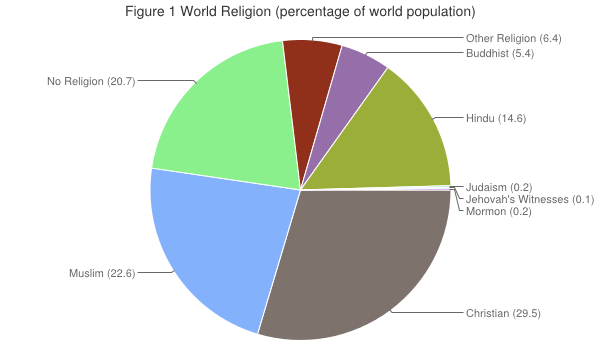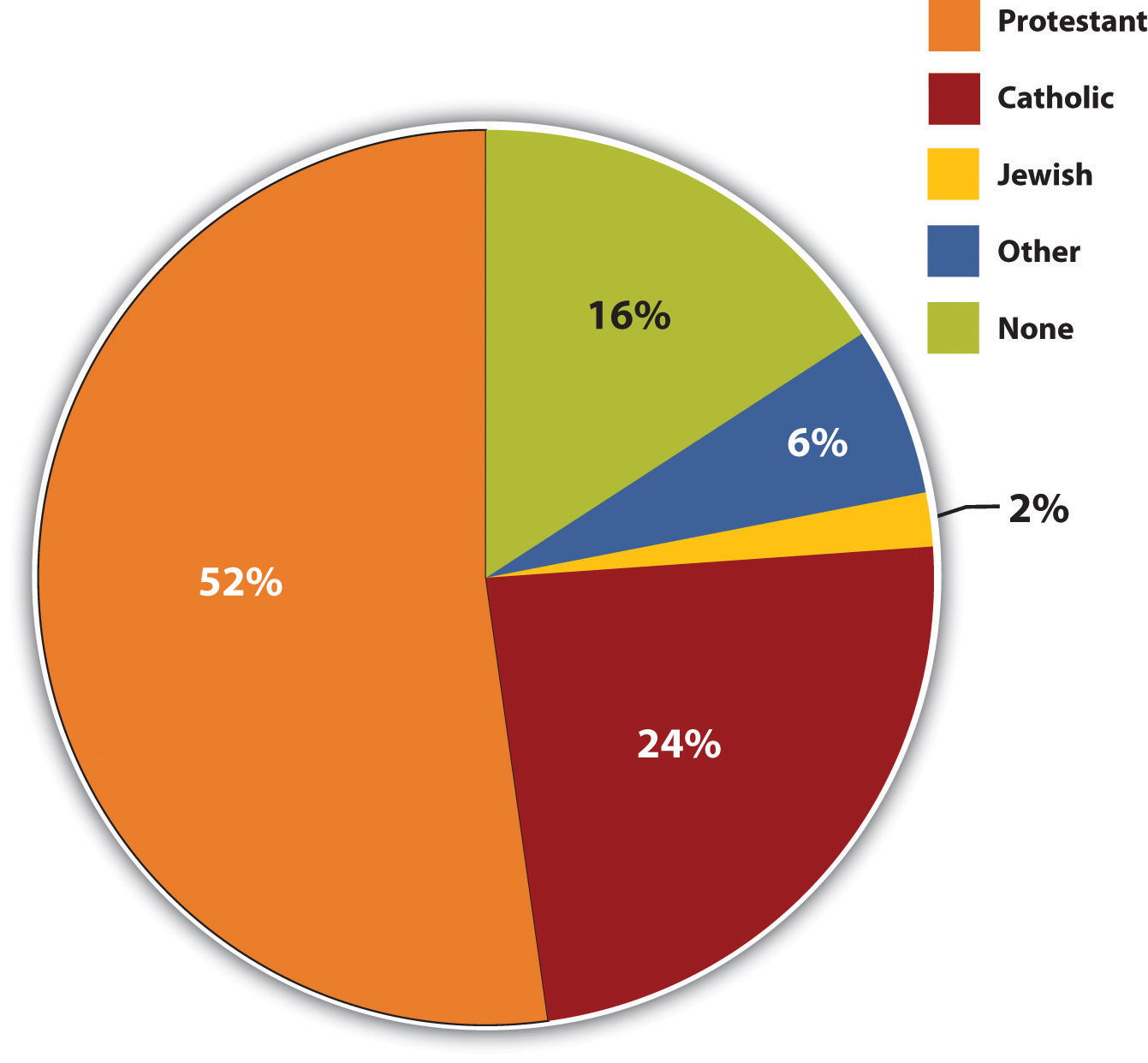

Officials have said that party membership and religious beliefs are incompatible, and they discourage families of CCP members from publicly participating in religious ceremonies. The party prohibits its more than ninety million party members from holding religious beliefs, and it has demanded the expulsion of party members who belong to religious organizations. State Department to designate China as a country of particular concern over religious freedom annually since 1999.

Instances of arbitrary detentions and violence carried out with impunity have led the U.S. In addition, China is home to one of the largest populations of religious prisoners, likely numbering in the tens of thousands while in custody, some are tortured or killed, rights groups say. Faith organizations must now get approval from the government’s religious affairs office before conducting any activities.

New regulations that went into effect in early 2020 require religious groups to accept and spread CCP ideology and values. Under Xi, the CCP has pushed to Sinicize religion, or shape all religions to conform to the doctrines of the officially atheist party and the customs of the majority Han Chinese population. These practitioners, along with members of underground house churches and banned religious groups, account for many of the country’s unregistered believers. Many believers do not follow organized religion and are said to practice traditional folk religion. The research and advocacy group Freedom House estimated in 2017 that there are more than 350 million religious believers in China, primarily made up of Chinese Buddhists, followed by Protestants, Muslims, Falun Gong practitioners, Catholics, and Tibetan Buddhists. Yet some independent reports suggest the number of religious adherents in China is far larger and is steadily increasing. The government’s tally of registered religious believers is around two hundred million, or less than 10 percent of the population, according to several sources, including the UN Human Rights Council’s 2018 Universal Periodic Review. Religious organizations must register with one of five state-sanctioned patriotic religious associations, which are supervised by the State Administration for Religious Affairs (SARA). The practice of any other faith is formally prohibited, although often tolerated, especially in the case of traditional Chinese beliefs. The state recognizes five religions: Buddhism, Catholicism, Daoism, Islam, and Protestantism. Human Rights Watch’s China director, Sophie Richardson, says that while religious belief in China is protected by the constitution, the measures “ do not guarantee the right to practice or worship.” Religious practices are limited to “normal religious activities,” though “normal” is left undefined and can be broadly interpreted. The revised rules include restrictions on religious schooling and the times and locations of religious celebrations, as well as monitoring of online religious activity and reporting donations that exceed 100,000 yuan (around $15,900). Yet alongside these rights come heightened government controls. The State Council, the government’s administrative authority, passed regulations on religious affairs, which took effect in February 2018, to allow state-registered religious organizations to possess property, publish literature, train and approve clergy, and collect donations. Freedom and RegulationĪrticle 36 of the Chinese constitution says that citizens “enjoy freedom of religious belief.” It bans discrimination based on religion and forbids state organs, public organizations, or individuals from compelling citizens to believe in-or not believe in-any particular faith. While China’s constitution allows religious belief, adherents across all religious organizations, from state-sanctioned to underground and banned groups, face intensifying persecution, repression, and pressure to adhere to Chinese Communist Party (CCP) ideology. As China Punishes Taiwan for Pelosi’s Visit, What Comes Next?


 0 kommentar(er)
0 kommentar(er)
